Back
Dr. H
Hey I am on Medial • 9m
Google Had the Brains. OpenAI Had the Nerve. How ChatGPT Stole the Show Let’s rewind. In 2014, Google dropped half a billion dollars to acquire DeepMind, the AI lab of dreams. A team of PhDs, neuroscientists, and engineers trained algorithms to master Go, fold proteins, and basically flex harder than any lab on Earth. The tech world knew: if anyone was going to create artificial general intelligence, it would be these guys. But in 2022, the world didn’t go viral over a DeepMind chatbot. It went wild for ChatGPT. Why? Because OpenAI did what Google couldn’t, or wouldn’t: they let people in. DeepMind’s brilliance was never the problem. AlphaGo changed the game. AlphaFold solved biology problems scientists had wrestled with for decades. These were monumental achievements. But they weren’t made for you. They lived in labs, papers, and conferences, not in your browser. Meanwhile, OpenAI, this quirky little non-profit started by Elon Musk, Sam Altman, and a few daring minds, took a different route. They didn’t just chase breakthroughs. They built something the public could touch. In 2018, OpenAI dropped GPT-1. Then GPT-2. Then GPT-3. Each model got smarter, smoother, and more human. But it was ChatGPT, launched in December 2022 with zero fanfare and a humble UI, that exploded. One million users. In five days. Faster than Instagram. Faster than TikTok. People weren’t just impressed, they were addicted. You could ask it questions, write poems, debug code, plan trips, draft emails, or just mess around. It was magic, but it didn’t feel like magic. It felt like having the smartest friend in the room, who never got tired or charged a fee. Meanwhile, Google and DeepMind were stuck in product limbo. Despite having a model that could probably compete, they waited. Internal debates. Brand fear. Ethical review committees. Classic case of big company blues. When they finally launched Bard, it was buggy and felt... rushed. So what really happened here? OpenAI moved fast. Not recklessly, but boldly. They didn’t wait for a polished, perfect model. They launched, listened, learned, and kept building in the open. What started as a research lab quickly turned into a product powerhouse. When they released GPT-4 and GPT-4o, it was clear: OpenAI wasn’t just in the AI game, they were rewriting it. And Google? Still playing catch-up. Their new Gemini models are impressive on paper, but the street knows who’s got the momentum. The irony? Google had the brains. DeepMind had the edge. But OpenAI had the nerve to show up early, mess around in public, and make something people actually wanted to use. It’s not always about building the most powerful engine. Sometimes, it’s about getting in the car and hitting the gas before the traffic gets thick. No big lesson here. Just a quiet reminder: Sometimes, you don’t win because you were better. You win because you showed up first, and let the world in.
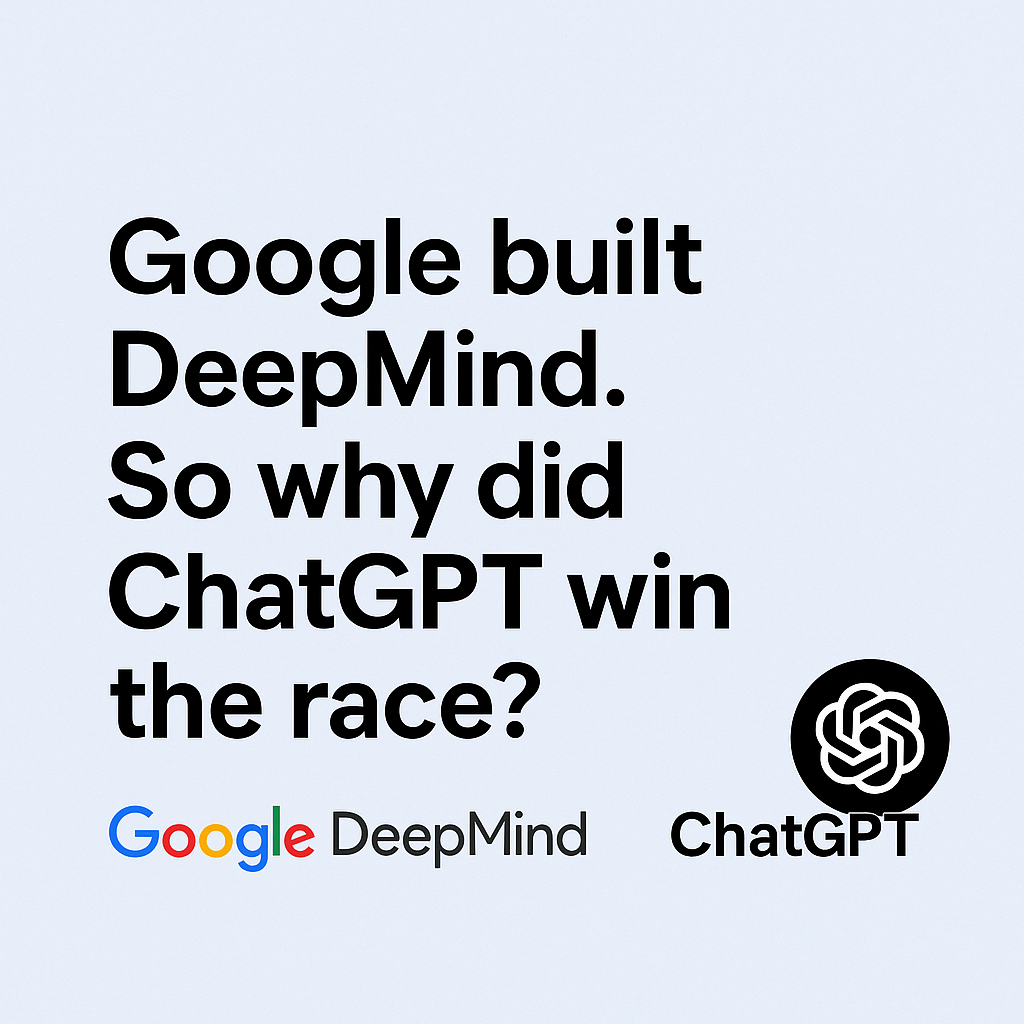
More like this
Recommendations from Medial
VIJAY PANJWANI
Learning is a key to... • 7m
Google News: In a major talent acquisition move, Google has secured top AI engineers from coding startup Windsurf in a $2.4 billion deal. The company is bringing in Windsurf CEO Varun Mohan and co-founder Douglas Chen to its DeepMind division, follow
See More
Vishnu Dileesh
Engineer | Entrepren... • 6m
It starts with a tweet. OpenAI launches something shiny—maybe an AI-native editor, maybe a study mode. It looks polished. And then come the messages: “Isn’t this what you were building?” “Bro… OpenAI just dropped your startup.” You smile. Half. B
See More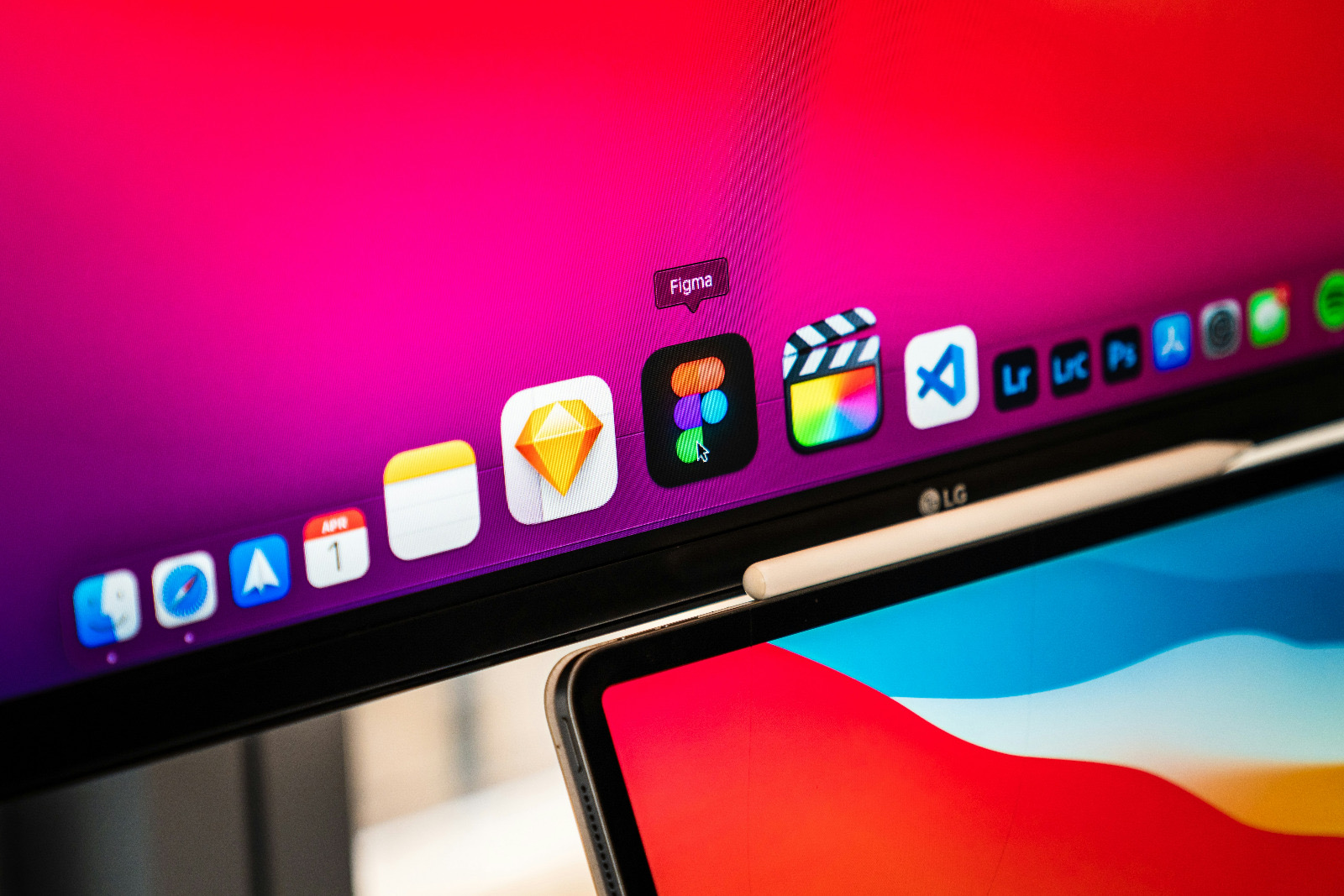
Download the medial app to read full posts, comements and news.






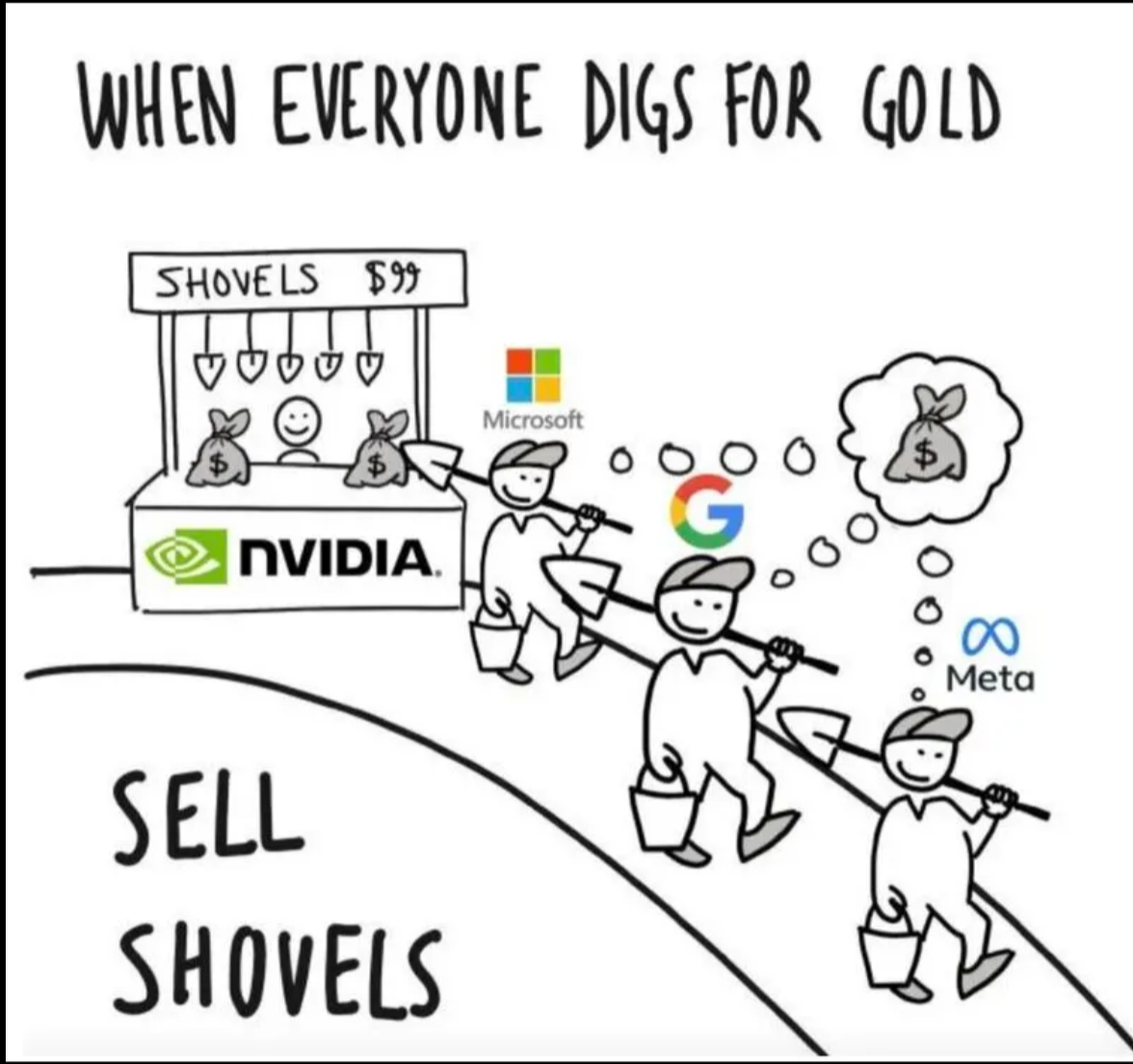





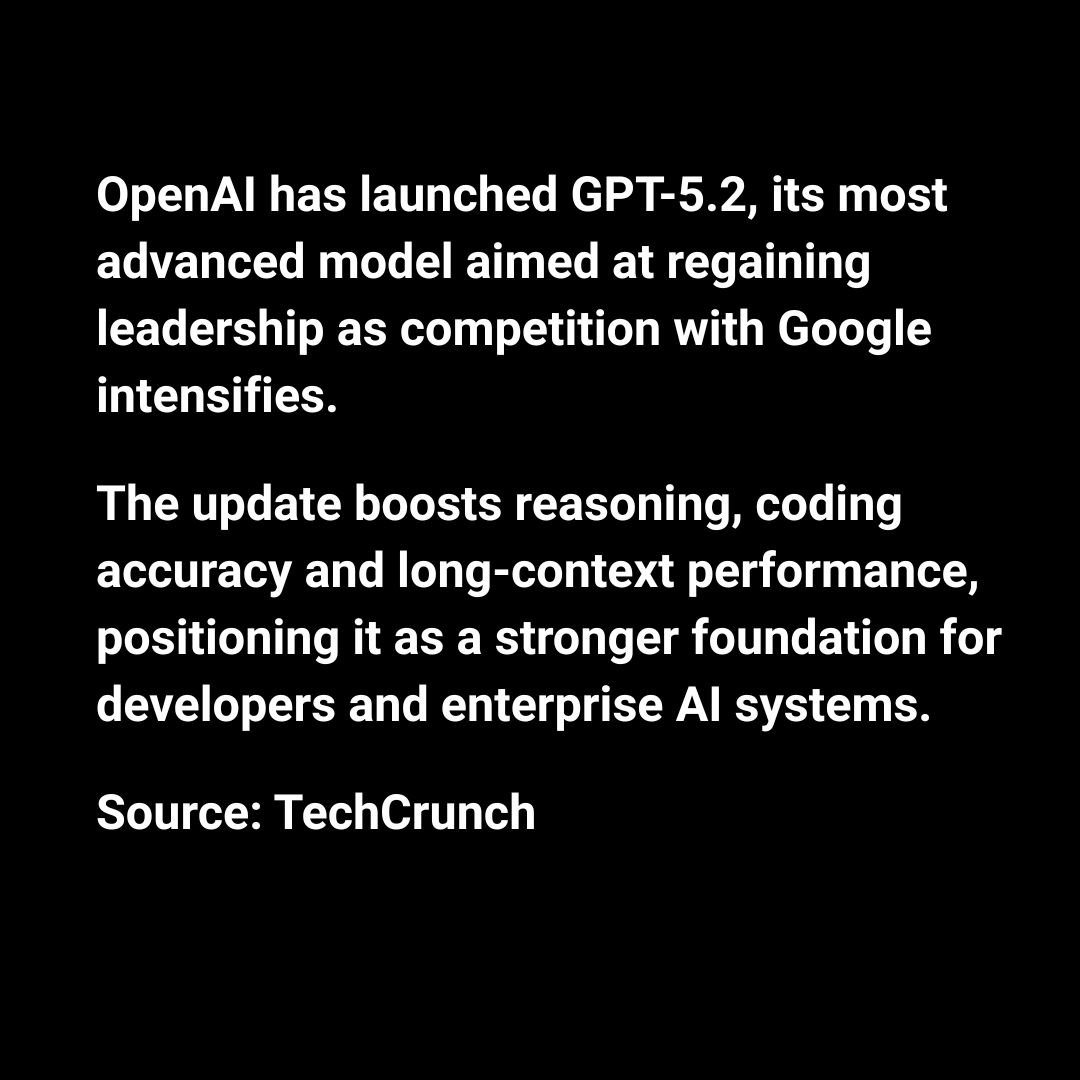



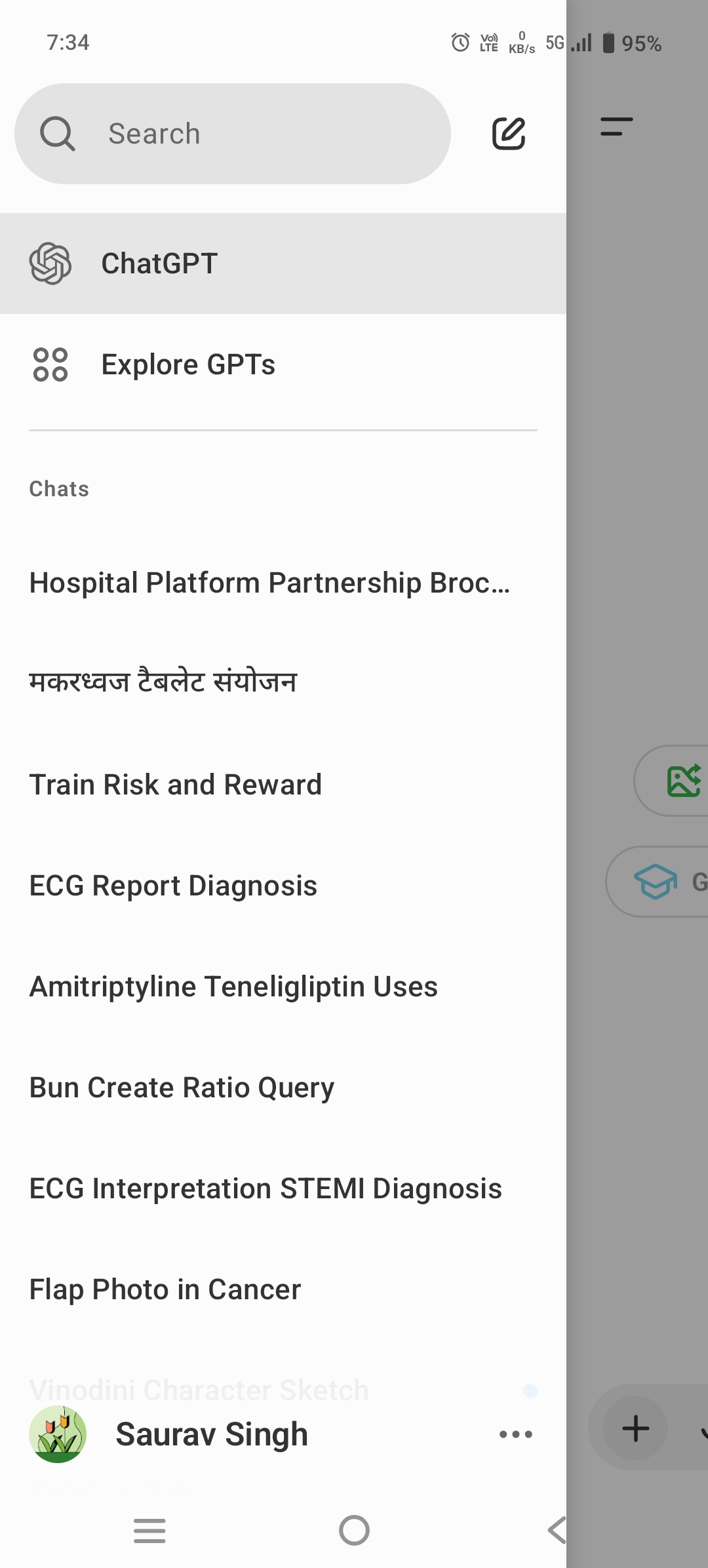

/entrackr/media/post_attachments/wp-content/uploads/2021/08/Accel-1.jpg)


















